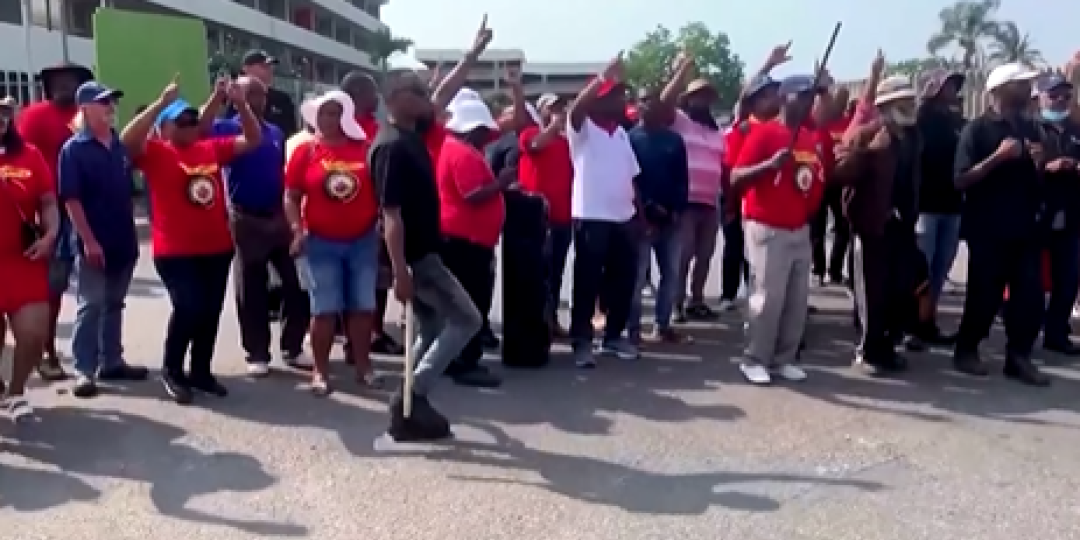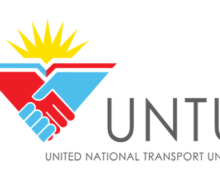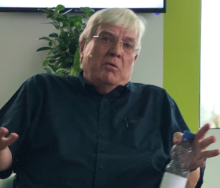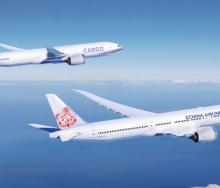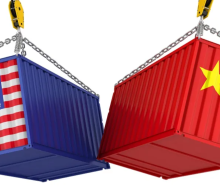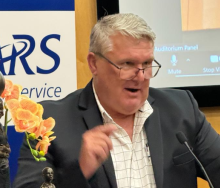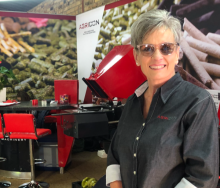The United National Transport Union (Untu) says it is sticking to its demand for a CPI-related pay hike and has raised concern that “something darker” is at play to allegedly devalue Transnet so that private investors can buy into the parastatal at a lower price.
This was Untu general secretary Cobus van Vuuren’s reaction to Transnet’s latest three-year wage offer that it tabled to unions on Wednesday night. Untu represents about 33 000 of Transnet’s 35 000 employees who downed tools over an ongoing wage dispute on October 6. The SA Transport and Allied Workers Union joined the strike on October 10.
Transnet spokesperson Ayanda Shezi said in a statement that its latest proposal followed two days of wage talks facilitated by the Commission for Conciliation, Mediation and Arbitration (CCMA) this week.
“The negotiations have been a delicate balancing act for the company, mindful not only of the affordability and sustainability of the wage increases for the business, but also having full appreciation of the cost pressures that employees face currently,” she said.
The wage offer, which will be effective from April 1 if workers accept it, includes:
•A 4.5% across-the-board (ATB) increase in the current year, which will be implemented from October 1.
•A 5.3% ATB increase in 2023/24
•A 5.3% (ATB) increase in 2024/25
•A 4.5% increase in the medical aid allowance in 2022/23, which will be adjusted in line with the ATB increase in the subsequent two years.
• The back pay will be paid in two tranches - three months’ back pay on November 15, and three months’ back pay on January 16, 2023.
“Whilst the parties have not settled on this offer, engagements are ongoing. We would like to thank all stakeholders for their continued understanding and support during this process. The company remains committed to concluding the wage negotiations speedily and amicably, in the interests of employees, the company and the economy,” Shezi said.
Van Vuuren, speaking to Freight News on Thursday, said the union maintained its demand for a “CPI-related” increase. He added that the media had misrepresented facts in suggesting unions were currently demanding an increase of between 12% and 13%.
“There is a misunderstanding and misrepresentation of facts. The media keeps reporting unions want 12 and 13%. The opening position of Transnet was a 1% increase, and as a result of this, it was apparent that Transnet wanted to embark on positional bargaining. In response, the unions then came in at an opening starting proposal of 13%,” Van Vuuren said.
“During the negotiation process the parties try and move to find each other. Unlike other unions we are realistic and understand the situation Transnet finds itself in, and therefore we don’t make false promises to our members and say we are going to give you a double-digit increase,” he said.
“Untu’s position is we want a CPI-related increase, otherwise we are impoverishing our members.”
Untu, in his view, has placed a “reasonable offer” on the table, which Transnet rejected.
“Labour put a proposal on the table that we believe was extremely reasonable and which would have enabled us to approach members for a mandate. It was, however, strange that Transnet rejected this offer because it was extremely reasonable and we believe there is a deeper, darker strategy behind this,” Van Vuuren said.
“Is there a strategy to devalue Transnet as a company so that it can be sold like SAA, or to enable the simpler implementation of private strategic partnerships? We as Untu are asking ourselves whether there is not a deeper, darker strategy where there is a purposeful intent to devalue Transnet to simplify the implementation of the private partnership strategy.”
He said SAA had employed a strategy of loss-making before it was sold at a low price. SAA was purchased for R51 on condition the buyer, Takatso, agreed to invest around R3.1 billion in the airline.
“We are asking ourselves if a similar strategy is not being executed in the background, especially considering the fact it would seem they (Transnet) don’t want workers to go back to work too quickly,” Van Vuuren added.
